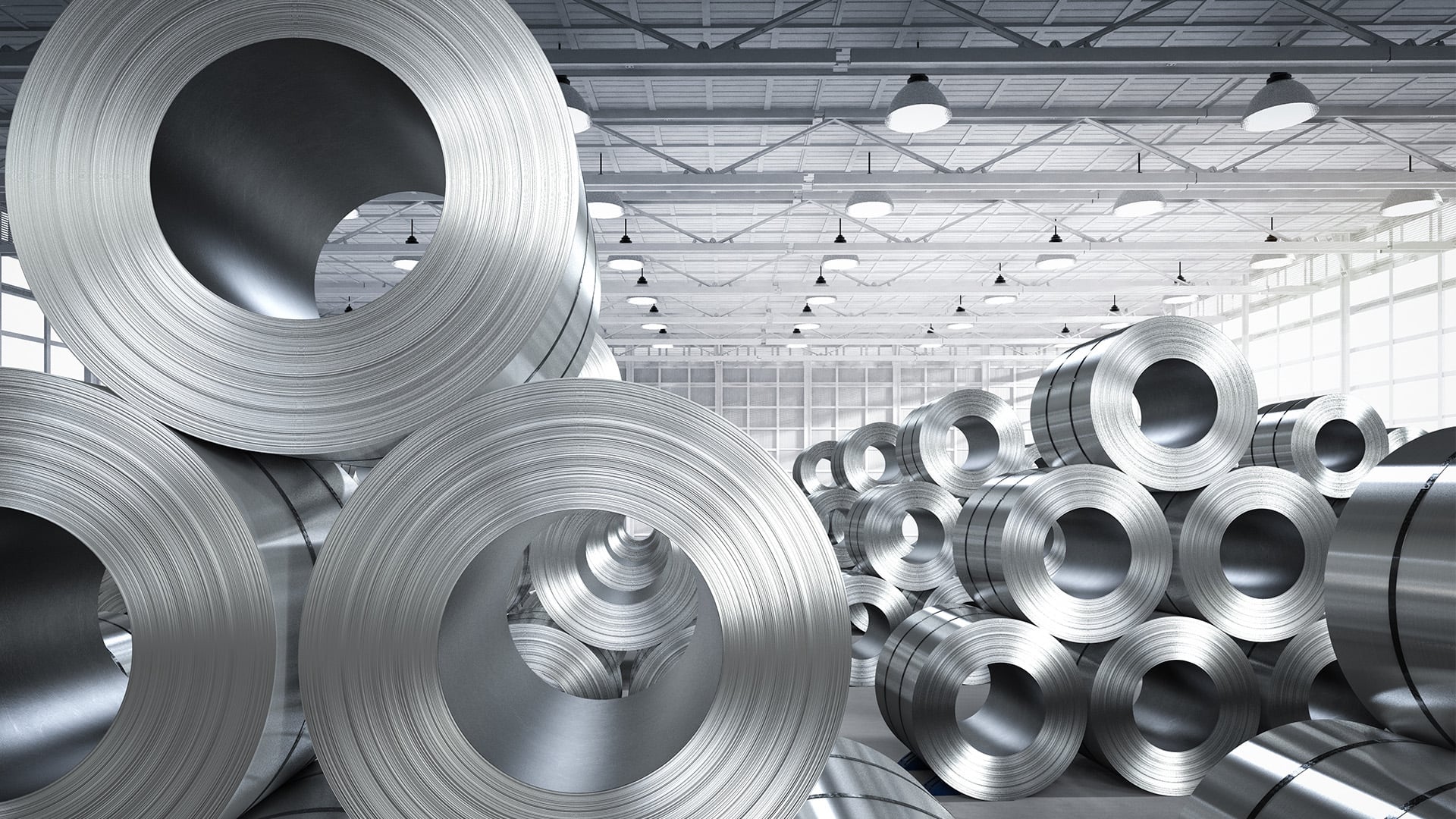1. High Chromium Content: 304 stainless steel contains 18% chromium. Chromium is an element that enhances the corrosion resistance of stainless steels. The high chromium content makes 304 stainless steel resistant to environmental factors like water, moisture, and air.
2. Nickel Addition: 304 stainless steel also contains 8% nickel. Nickel makes the steel structure more resilient and provides protection against corrosion.
3. Passivation Layer: Stainless steels naturally form an oxide layer on their surfaces. This oxide layer prevents further oxidation of the steel and acts as a barrier against corrosion. This passivation layer enhances the durability of 304 stainless steel.
304 stainless steel is commonly used in applications such as drinking water plumbing, kitchenware, food processing equipment, chemical industry equipment, and many more. However, under special conditions, such as prolonged exposure to highly aggressive chemicals or saltwater, corrosion can still occur. Therefore, appropriate maintenance and protective measures are essential depending on the application conditions.
